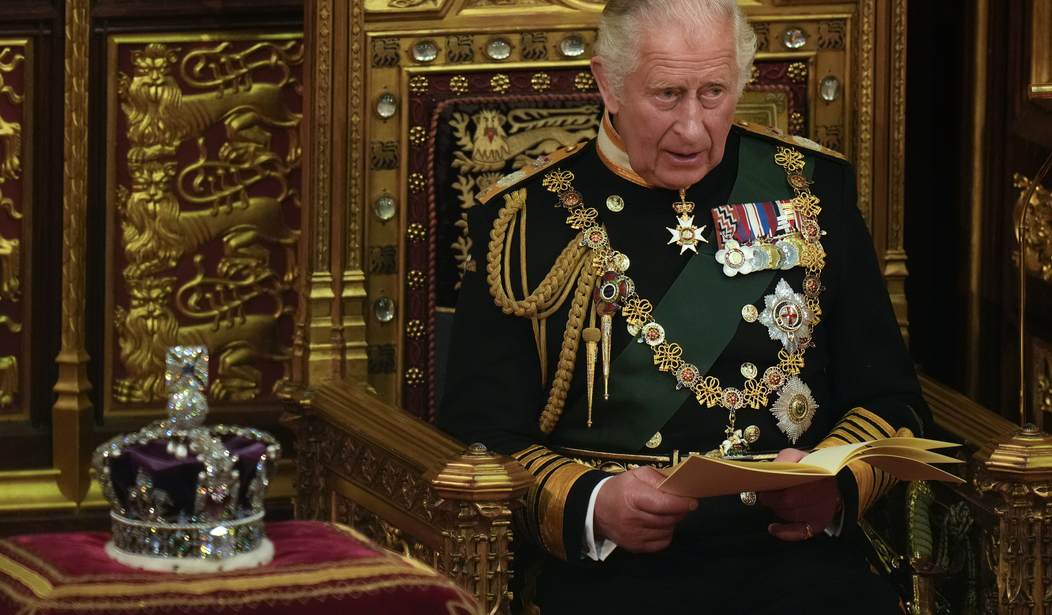“Queen Elizabeth II has died aged 96.” So announced news programs the world over. Monarchs give their names to eras, labels that historians assign to stretches of collective memory. Elizabeth gave hers to nearly three generations; she became queen in 1952, when Harry Truman was still president. The unchanging label gave the illusion of continuity to a period of immense change. The Cold War, its hopeful aftermath and eventual collapse into new geopolitical rivalries — all the seas of trouble — were all encompassed by this single linguistic device. For decades she seemed permanent, and her passing is a sign of our own inherent mutability. As Tennyson observed, everything changes:
Then murmur’d Arthur, “Place me in the barge,”
And to the barge they came.Then loudly cried the bold Sir Bedivere:
“Ah! my Lord Arthur, whither shall I go?
Where shall I hide my forehead and my eyes?
For now I see the true old times are dead,
When every morning brought a noble chance,
And every chance brought out a noble knight.”And slowly answer’d Arthur from the barge:
“The old order changeth, yielding place to new,
And God fulfils Himself in many ways,
Lest one good custom should corrupt the world.”
Everything, that is, except remembered hate. That lives on. Modern language professor Uju Anya wrote: “I heard the chief monarch of a thieving raping genocidal empire is finally dying. May her pain be excruciating.” Uju Anya is an “anti-racist” teacher and associate professor at Carnegie Mellon University in Pittsburgh, Pennsylvania.
The shadow of the British Empire, like Rome’s, has proved great enough to fall across the centuries, able to inspire hatred and awe in those still unborn. It lives in culture such that the legend will never die, especially in the minds of critical race theorists. Ben Shapiro wrote: “The hot Twitter take that the British Empire was an unalloyed evil — the take that seems to lie behind rage against Elizabeth II.”
But why is the opprobrium toward the British Empire so vehement when it is less likely to rise from the grave than the Russian, Ottoman, or Persian empires, none of which are quite as dead? The reason the British Empire looms so large in imagination is that it spawned the new Latin: English, which bids fair to be spoken on Mars. The BE features in countless Hollywood moments and is the setting of streaming period dramas. It is even movie convention that aliens from other planets and genius-level baddies speak in perfect received pronunciation. It is hated because culturally, it lives on in the classics, in the culture, in the language. For critical race theorists, there is nothing quite so deserving of their enmity as something that even their speech is made of.
But thy eternal summer shall not fade,
Nor lose possession of that fair thou ow’st;
Nor shall death brag thou wander’st in his shade,
When in eternal lines to time thou grow’st:
So long as men can breathe or eyes can see,
So long lives this, and this gives life to thee.
Books: Gaming AI: Why AI Can’t Think but Can Transform Jobs by George Gilder. Pointing to the triumph of artificial intelligence over unaided humans in everything from games such as chess and Go to vital tasks such as protein folding and securities trading, many experts uphold the theory of a “singularity.” This is the trigger point when human history ends and artificial intelligence prevails in an exponential cascade of self-replicating machines rocketing toward godlike supremacy in the universe.










Join the conversation as a VIP Member